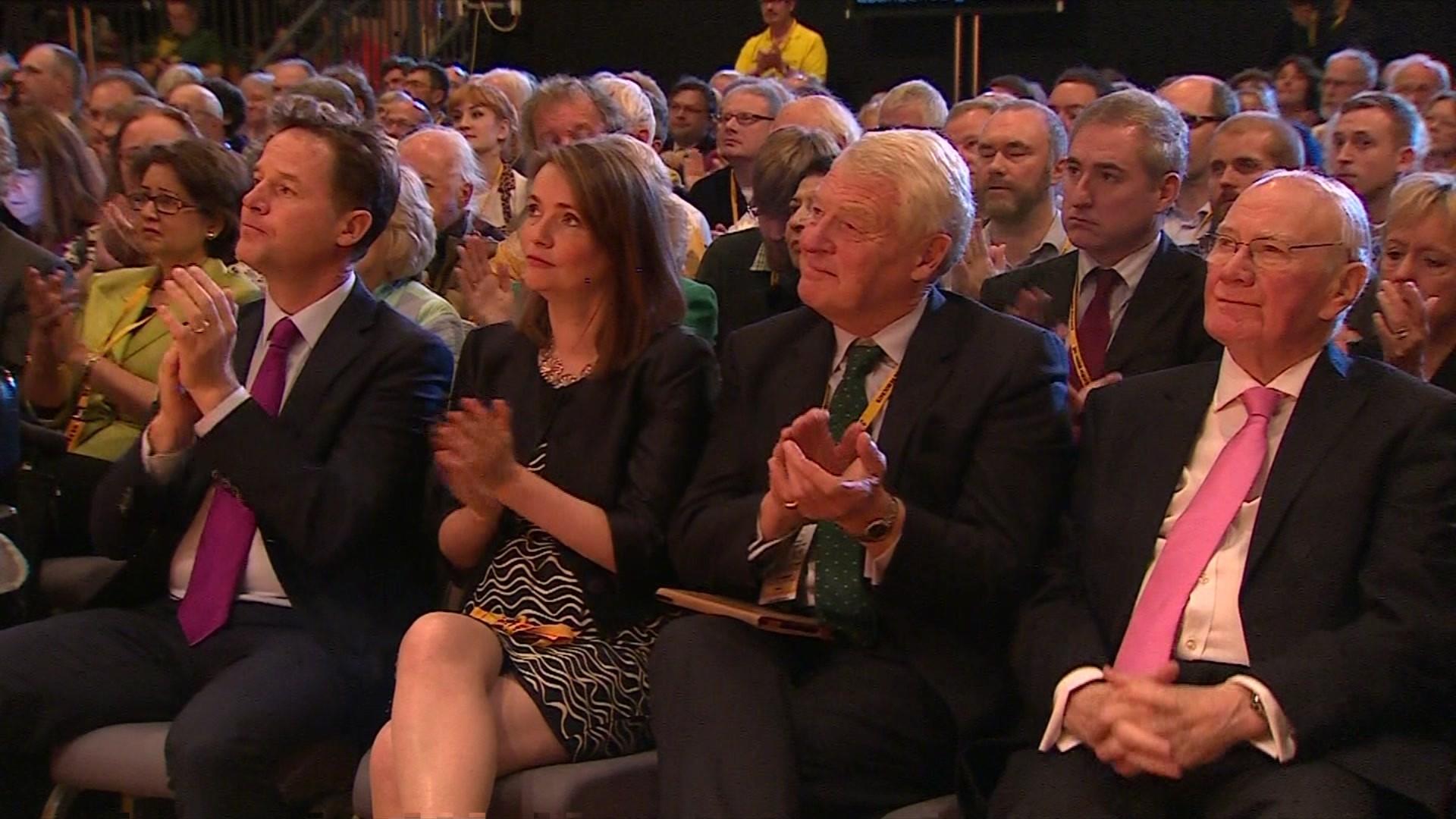Labour conference: What to expect
- Published
The Labour Party is holding what could be one of its liveliest party conferences in years. Taking place in Brighton from Sunday, it's the first one since election defeat and, of course, Jeremy Corbyn's spectacular win in the leadership contest. Here's a guide to the event:
Power to the people?
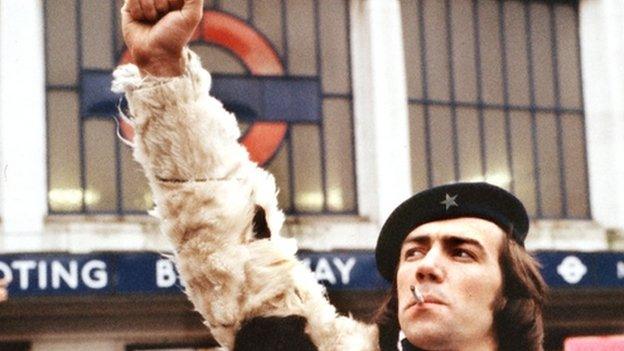
The complaint you often hear about party conferences is that they've become boring and stage-managed - to stifle dissent and allow the party high command to present a polished front to the world. With Jeremy Corbyn in charge though, there are signs that things could be far from bland - with delegates given a real say in policy-making. It seems that there'll also be a change to the staple diet of speeches from Labour's leading lights. Their speeches are going to be cut back this year, to allow ordinary members more time to speak.
If you give everyone a say in policy, there will inevitably be arguments. Following requests from several constituency parties there's going to be a big debate on whether to replace Britain's nuclear weapons system, Trident. What's more - in a break with recent practice - Mr Corbyn has suggested that the result of any vote would become party policy.
Potential flashpoints
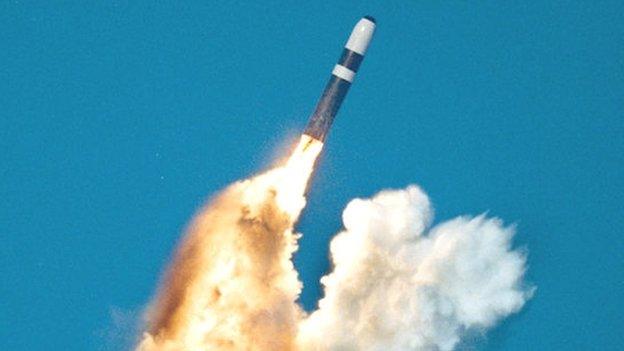
It has been Labour policy to support a replacement for Trident. Many Labour MPs want to stick to that position but Mr Corbyn and fellow Labour left MPs have called for Britain not to replace the nuclear weapons system.
There have already been differences about welfare reform. Mr Corbyn has come out against a cap on benefits - a limit on the amount a household can claim. But some of Mr Corbyn's colleagues - including the shadow Work and Pensions Secretary Owen Smith - have said the cap should be maintained. (they are united in opposing the cap being lowered)
UK involvement in Syria could be another sticking point inside the Labour Party. There may be an emergency motion rejecting UK air strikes without explicit UN authorisation. It's in anticipation of the Prime Minister - when Parliament reconvenes - seeking Commons approval for military action in Syria. Mr Corbyn has a record of voting against military action.
Big announcements coming down the line

Mr Corbyn is set to announce, at conference, that Labour will commit to renationalising the railways. It shouldn't ruffle too many feathers within Labour - under Ed Miliband official policy was nationalisation-lite (allowing publicly-owned organisations to bid for rail franchises). Some delegates may be galvanised into supporting the move when they discover that the main London to Brighton line is going to be closed on the first day of conference - because of construction work! Any reversal of privatisation will certainly get short shrift from the government, though, who say the move is backward-looking and expensive.
New faces
Labour says that since Jeremy Corbyn became leader, 50,000 people have joined the party - bringing the total number of members up to 360,000. It will be interesting to see how many of the new members attend conference.
Plotting from Blairites?
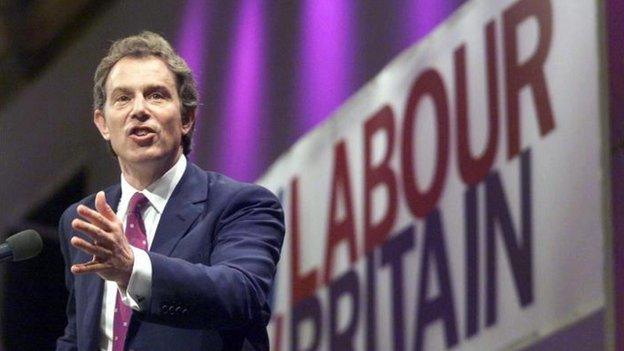
Tony Blair making his speech at the 1998 Labour conference
During the leadership election there were many voices of doom - including Tony Blair - warning about the consequences of a Corbyn victory. Since his huge win, the public mutterings of discontent have been muted. Some Labour politicians, past and present, may be genuinely keen to give Mr Corbyn a chance - given the scale of his victory and for the sake of party unity. Others may be biding their time, expecting Mr Corbyn to be the author of his own undoing. And who knows? Maybe some of the less hardcore New Labour-ites are enjoying a secret frisson of delight at the way things have turned out. Either way, the words and actions of the 'moderates' will be interesting.
Getting to know Jezza
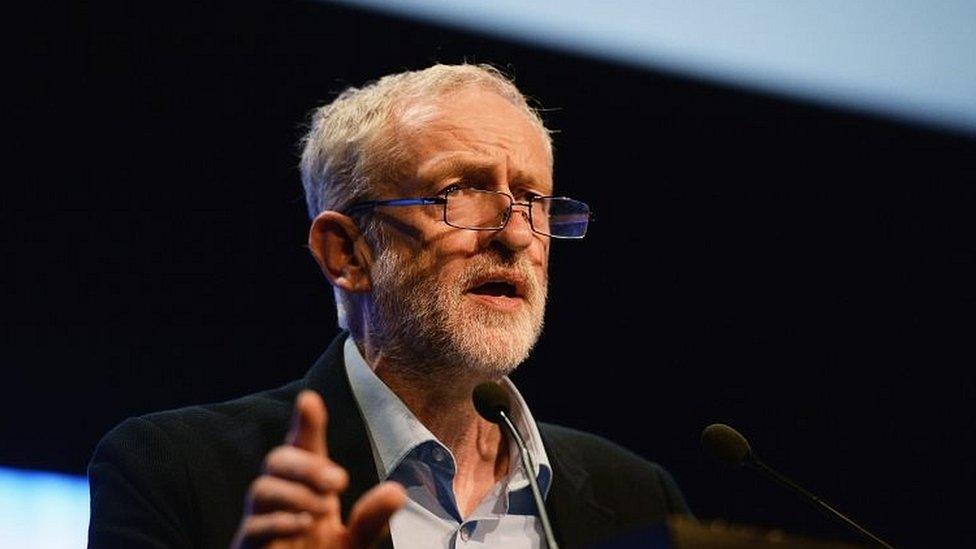
The high-point of the party conference is the leader's speech. Many leaders use it as an opportunity to say something about their character and values. Mr Corbyn is a political veteran, having been an MP for over 30 years. But many members of the public don't know much about him or what he stands for - and as one of his own shadow ministers revealed, some of his own side knew little about him a few weeks back. So, even for an old-timer, the speech is a big opportunity. According to an Ipsos Mori poll Mr Cameron is perceived as a more capable leader than Mr Corbyn - although Corbyn's rating for honesty is higher than the Prime Minister's.
Quoting the public
Mr Corbyn has already made a point of breaking with tradition at Prime Minister's Questions, asking party members to suggest questions. Will he be crowd-sourcing ideas for his leader's speech too? He may have to be careful - his predecessor's conference speech quoting an array of "normal" people he had met was not exactly a huge success.
The media
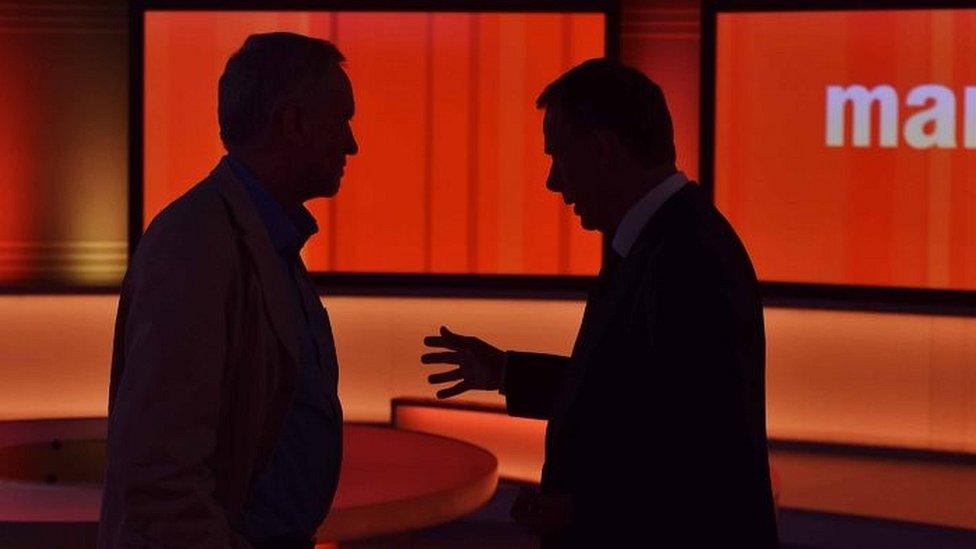
For some sections of the media, the election of Mr Corbyn is a marvellous gift. The conference will be Mr Corbyn's first big test as leader and fair to say, some journalists will be in their element - stalking the fringe meetings looking for hints of splits, internal dissent and 'loony left' ideas. There's one media tradition that Mr Corbyn is going to uphold though - he will be appearing on the BBC's Marr show on Sunday, the first day of conference.
- Published23 September 2015
